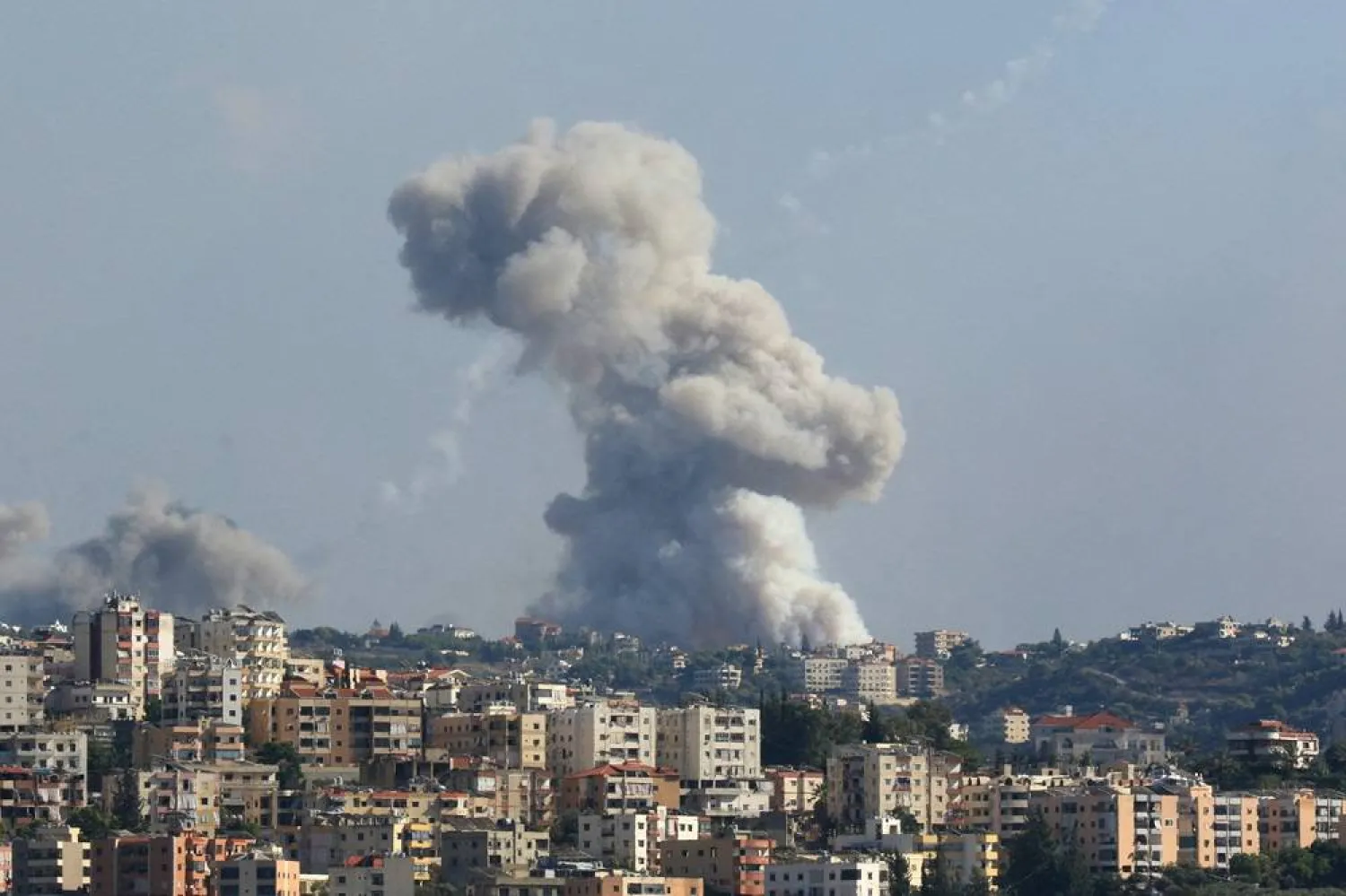The US is sending additional troops to the Middle East in response to a sharp spike in violence between Israel and Hezbollah forces in Lebanon that has raised the risk of a greater regional war, the Pentagon said Monday.
Pentagon press secretary Maj. Gen. Pat Ryder would provide no details on how many additional forces or what they would be tasked to do. The US currently has about 40,000 troops in the region.
“In light of increased tension in the Middle East and out of an abundance of caution, we are sending a small number of additional US military personnel forward to augment our forces that are already in the region. But for operational security reasons, I’m not going to comment on or provide specifics.”
The new deployments come after significant strikes by Israeli forces against targets inside Lebanon that have killed hundreds and as Israel is preparing to conduct further operations.
Israeli Prime Minister Benjamin Netanyahu on Monday warned Lebanese civilians in a videotaped message to evacuate their homes ahead of further airstrikes.
He spoke as Israeli warplanes continued to strike alleged Hezbollah targets in southern and eastern Lebanon.
The State Department is warning Americans to leave Lebanon as the risk of a regional war increases.
“Due to the unpredictable nature of ongoing conflict between Hezbollah and Israel and recent explosions throughout Lebanon, including Beirut, the US Embassy urges US citizens to depart Lebanon while commercial options still remain available,” the State Department cautioned Saturday.
Ryder would not say if those additional forces might support the evacuation of those citizens if needed.
Defense Secretary Lloyd Austin held back-to-back calls with Israeli Defense Minister Yoav Gallant over the weekend as he pressed for a ceasefire and a reduction of tensions in the region, Ryder said.
“Given the tensions, given the escalation, as I highlighted, there is the potential for a wider regional conflict. I don’t think we’re there yet, but it’s a dangerous, situation,” Ryder said.









